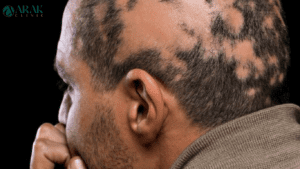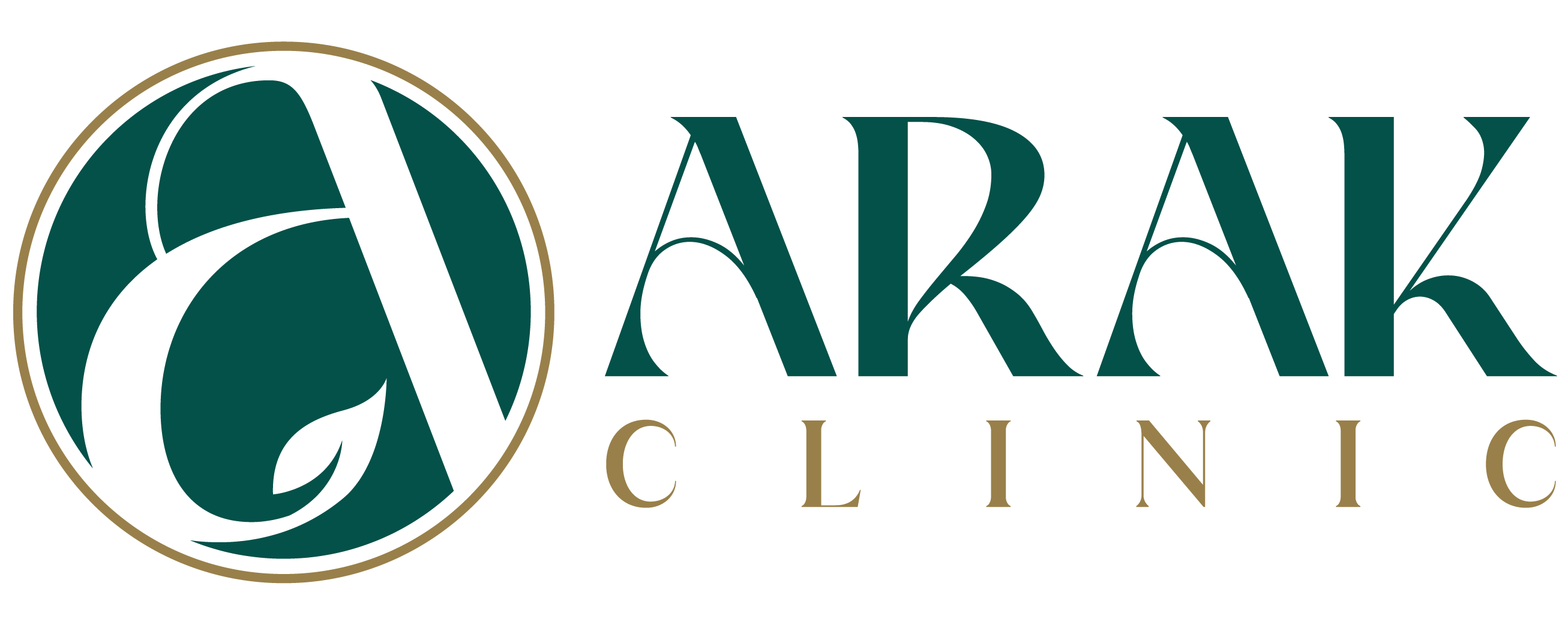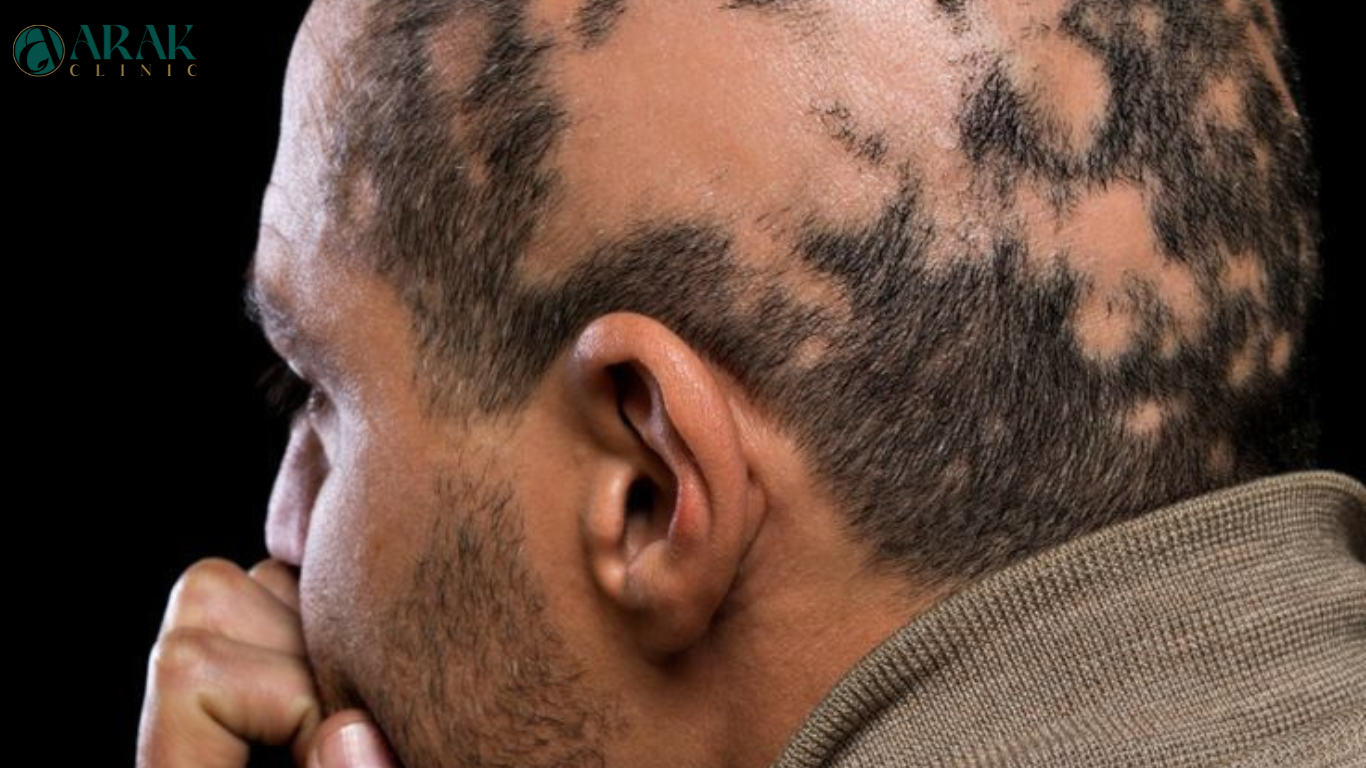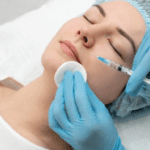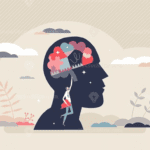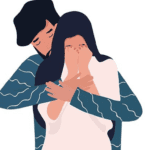Alopecia areata is a common autoimmune condition that causes hair loss in patches on the scalp, face, and other areas of the body. While the exact cause of alopecia areata remains unknown, it is believed to be a result of the immune system mistakenly attacking hair follicles, leading to hair loss. This condition can have a significant impact on an individual’s physical appearance and emotional well-being. Let’s explore the causes, treatments, and coping strategies for alopecia areata.
Causes of Alopecia Areata:
The precise cause of alopecia areata is not fully understood, but it is thought to be an autoimmune disorder. In individuals with alopecia areata, the immune system mistakenly targets hair follicles, leading to inflammation and hair loss. Genetic factors, environmental triggers, and stress may also play a role in the development of this condition.
Treatments for Alopecia Areata:
While there is currently no cure for alopecia areata, several treatment options are available to manage symptoms and promote hair regrowth. These may include:
Corticosteroid Injections: Injecting corticosteroids into affected areas of the scalp can help reduce inflammation and stimulate hair regrowth.
Topical Treatments: Prescription corticosteroid creams or foams applied directly to the scalp may help reduce inflammation and encourage hair regrowth.
Immunotherapy: This treatment involves applying a chemical solution, such as diphencyprone (DPCP) or squaric acid dibutyl ester (SADBE), to the scalp to induce an allergic reaction and stimulate hair regrowth.
Oral Medications: In some cases, oral medications such as corticosteroids, immunosuppressants, or biologics may be prescribed to suppress the immune system’s response and promote hair regrowth.
Light Therapy: Phototherapy treatments, such as ultraviolet (UV) light therapy or excimer laser therapy, may help stimulate hair regrowth in some individuals with alopecia areata.
Coping Strategies for Alopecia Areata:
Living with alopecia areata can be challenging, but there are several coping strategies that can help individuals manage the emotional impact of hair loss:
Seek Support: Joining a support group or connecting with others who have alopecia areata can provide valuable emotional support and encouragement.
Experiment with Hairstyles: Explore different hairstyles, wigs, scarves, or head coverings to find a look that makes you feel confident and comfortable.
Practice Self-Care: Engage in activities that promote relaxation and stress relief, such as yoga, meditation, or spending time outdoors.
Talk to a Professional: Consider speaking with a mental health professional or counselor who can help you navigate the emotional challenges of living with alopecia areata.
At Arak Clinic, our experienced team understands the physical and emotional impact of alopecia areata and offers comprehensive treatment options to help individuals manage their condition and regain confidence in their appearance.
